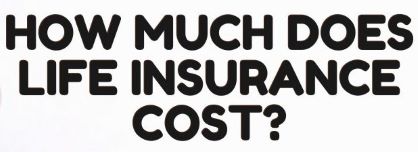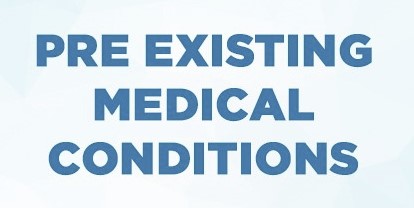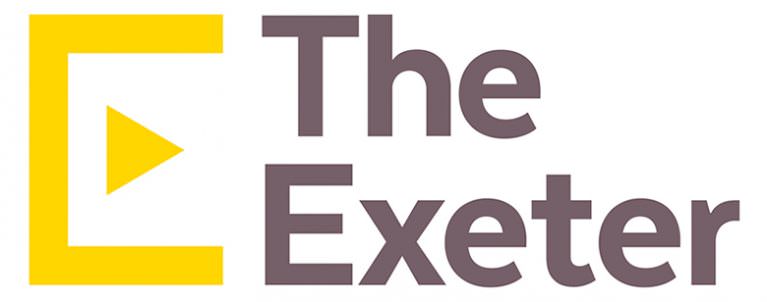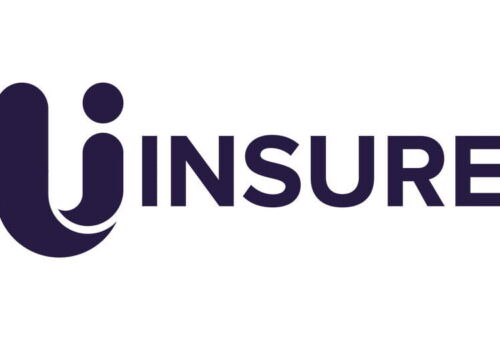Article on: What's Normal Cholesterol level
What Cholesterol is?
Cholesterol is = a waxy, fat-like substance made in the liver. Cholesterol is a type of blood fat, which are known as lipids. Cholesterol is in every cell in your body, and it is especially important for the function of your skin, nerves and brain.
We all need some cholesterol in our bodies just to keep us ticking over, as it plays a vital role in how your body works.
Cholesterol has 3 main functions:
- Used to make vitamin D & steroid hormones which keep our bones, teeth & muscles healthy
- It is part of the outer layer, or membrane, of all our body’s cells
- Used to make bile, which helps us to digest the fats & foods we eat
Your body makes all the cholesterol it needs automatically (about 80%). Cholesterol is made in the liver via a complex process to ensure everything should be in balance.
So normal balanced Cholesterol levels comes with the remaining 20% found in a balance of various natural foods we may eat ie; various meat, fish, dairy etc;
We will therefore examine in this article what happens when your normal cholesterol process gets unbalanced ie; what high cholesterol causes & cholesterol high symptoms.
Then its impact if you are diagnosed with "high cholesterol levels" - on both life insurance, critical illness, income protection insurance cover.
Having your cholesterol blood levels tested is important for those with associated high blood pressure issues, raised BMI kg, familial heart disease or over aged 40.

Types Cholesterol
When GP's talk about the various different cholesterol types, they are usually talking about your lipoproteins (lipids + proteins) ie; your cholesterol & other lipids are carried in blood attached to proteins. Their job is to deliver cholesterol bloods to your cells where they are needed.
* LDL in Cholesterol | "Bad Cholesterol"
LDL in Cholesterol (low density lipoprotein) often called "bad cholesterol".
Bad cholesterol is too much LDL cholesterol in your blood, which can then lead to health problems. When your lipoproteins have excess LDL in cholesterol in your bloods, it can then also build up into your arteries, clogging them up.
* HDL in Cholesterol | "Good Cholesterol"
HDL in Cholesterol (high density lipoprotein) often called "good cholesterol" as it helps prevent disease.
HDL contain lots of protein, and very little cholesterol. HDL good cholesterol function is to carry cholesterols away from the cells, back to the liver, where it can then be broken down and removed from your body.
What are Normal Cholesterol levels?
What's normal cholesterol levels ? Ideally your "normal cholesterol levels" figures should be as follows *NHS
| Cholesterol Total Levels | < 5 |
| HDL "Good Cholesterol" | 1 > |
| LDL "Bad Cholesterol" | < 3 |
| Non-HDL "Bad Cholesterol" | < 4 |
| Triglycerides | < 2.3 |
A standard lipid profile test typically includes a check to ascertain your 5 readings > | LDL "bad cholesterol" | HDL "good cholesterol" | Non-HDL "bad cholesterol" | Triglyceride levels = Total Cholesterol Readings.
What's normal cholesterol level

What's Normal Cholesterol Level?
*Why High Triglycerides?
Triglycerides are a type of blood fat. They are your main source of energy, and so are essential for your ongoing good health. But like anything that's in excess in your body, if you have too much in your blood, this can also increase your risks of heart disease.
Why high triglycerides? well they can be raised due to what GP's refer to as 'secondary' & 'primary' causes, or a combination of both. These can cause your "normal cholesterol levels" to go above the NHS advise is ideal of 2.3 triglyceride levels.
Secondary: Things that may influence why high triglyceride levels occur; certain medical conditions & medications, poor diet & lifestyle eg; lack of exercise, alcohol, kidney disease, gout, steroids.
Primary: Inherited or familial genetic conditions which may require further GP investigations as to why high triglycerides levels occur or cause "high cholesterol levels" eg; familial hypertriglyceridaemia, combined hyperlipidaemia, type 3 hyperlipidaemia,
*Hyper Cholesterolemia?
Hyper Cholesterolemia = high blood cholesterol level. Hyper-cholesterolemia may not always present itself with any symptoms. So the only way to check for this, is to get your cholesterol bloods level or lipid profiles checked.
Hyper-cholesterolemia or longstanding elevation of your cholesterol bloods can then lead to atherosclerosis, or hardening of arteries. Statins are often the preferred medications for treating those with high cholesterols.
*Hypercholesterolemia Familial?
Hypercholesterolaemia Familial (cholesterol hereditary) is a genetic disorder caused by a mutated gene. It is characterized by high total cholesterol levels, but specifically raised LDL or "bad cholesterol".
As this cholesterol hereditary condition is genetic, it unfortunately cannot be fully cured. However, it can be managed through a combination of lifestyle changes plus cholesterols medication to help return you back to "normal cholesterol levels".
If any hypercholesterolemia familial symptoms do present themselves, then it could also be because at least one parent has severe hyper-cholesterolemia. Symptoms could be unusual skin lesions around your eyes, corneal issues or joint pains.
1/20 people in UK have this condition. Without any medical treatment, the life expectancy of those with familial hyper-cholesterolemia can be potentially reduced.
What's normal cholesterol level

What's Normal Cholesterol Level | Eyes Cholesterol?
There are a few ways in which any eyes cholesterol deposits can manifest themselves. While they may all appear in different ways, it all comes down to the same cause: "high cholesterol levels."
Some of the most easily identifiable are...
- Xanthelasma - small, yellowish fatty deposits in the skin around your eyes. Specifically, the deposits typically form into your eyelids
- Arcus Senilis (corneal arcus) - a white or grayish ring or halo develops in the periphery of your eye cornea
- Hollenhorst plaque - an eye blockage in one of the blood vessels that can lead to some severe issues for your vision
Sometimes an opticians eye test could also simply check if you do have high cholesterol, by looking at your corneas ie; an eyes cholesterol test shows you have yellow rings around them.
5 Types of Statin | Cholesterol Medications Names?
Typically your *NHS GP may prescribe these 5 different types of statin & listed with their other (cholesterol medications names).
Statins are cholesterol lowering medicines that can help reduce your level of LDL ("bad cholesterol") ie; these different types of statin help to reduce the production of bad LDL's inside your liver.
- Atorvastatin (Lipitor)
- Rosuvastatin (Crestor)
- Simvastatin (Zocor)
- Pravastatin (Lipostat)
- Fluvastatin (Lescol)
Cholesterol High Symptoms?
So, often (unless tested & checked) raised cholesterol levels may possibly not produce visible symptoms, but maybe an inkling or a feeling something is not right eg; depression.
However, there are 9 main signs leading to explain what are the symptoms of high cholesterol.
In no particular order, your Cholesterol High Symptoms ...
- Loose Poo stools
- Depression
- Stomach Distension
- Poor appetite
- Weight Gain
- Heart Pain
- Fatigue
- Eye skin bumps
- Aching pains
So what high cholesterol causes are varied, or some say perhaps mistaken for something else ie; daily fatigue or aching pains from a manual or physical day jobs like a builder.
What's normal cholesterol level

What's Normal Cholesterol Levels?
High Cholesterol Foods Avoid
Some foods do already contain cholesterols, but for any food types eaten in moderation these shouldn’t make a big difference when testing your cholesterol normal levels uk NHS.
It’s much more important to cut down on high cholesterol foods, avoid specifically those which contain higher saturated fats. That’s because saturated fats affect how the liver handles cholesterol. So, eating saturated fats can then raise your blood cholesterol. GP's recommend trying to replace these saturated fats with unsaturated fats, which are better for your heart.
Foods that contain Cholesterol | High in Saturated Fats.
All animal foods do contain some cholesterol.
- Full fat dairy foods ie; milk, cheese, yogurt & cream
- Fatty meats & processed meat products ie; sausages
- Animal fats ie; butter, margarine, ghee, lard, suet & dripping
So usual advice is by cutting down on over-consumption of these high in cholesterol foods, to avoid those that contain saturated fats, you will be keeping in check your total cholesterols in your diet.
Foods that contain no Cholesterol
There is no cholesterol in plant foods ie; fruit, vegetables, grains, seeds, nuts, peas, beans & lentils. So less need to check what cholesterol level is high, against food high in saturated fats.
Due to global warming, many people are now changing or considering either all or some of their diets to healthier vegetarian or vegan options. Even your regular brand fast food chains are getting in on this act eg; Greggs, Costa, Subway.

Life Insurance with High Cholesterol
Getting life insurance with high cholesterol at standard terms is possible for underwritten applications (but only if well controlled). If your total cholesterol readings are regularly over 6, it could mean an insurance health rating.
However, some UK Life Insurers may still charge you 'health rated' high cholesterol life insurance rates, if this figure is lower but some others may not. Worst case scenario, some Insurers may even refuse to offer any insurance at all, or at least for the time being until your cholesterols under control eg; recent switching of medications by your GP.
So, in order to best determine whether or not terms maybe offered, please have any cholesterol related condition details, plus your latest cholesterol medications names to hand to declare as needed on the insurance application.
Unsure what your cholesterol bloods readings are? We recommend that you contact your GP surgery asap. If not, Insurers could automatically overrate or decline the premium by assuming your "high cholesterol levels" are worse than it is, or not well managed, which is not what you want.
The Insurers application questions typically asked…
- When diagnosed with "high cholesterol levels"?
- Latest cholesterol bloods readings?
- How many medications do you take?
- Any associated health issues?
- Familial history?
All insurance application naturally ask lots more questions eg; smoking status, drinking, height & weight. From your BMI, they can work out if this is also a factor to consider for life insurance with high cholesterol.
Most Life Insurance coverage policies include terminal illness benefit, which usually means you have less than 12 months to live (terminal illness therefore is not to be confused with a critical illness policy). As such, take this into account for life insurance with high cholesterol where medical questions are asked & any issues over claims.
Note: if you have various other associated health issues, then we recommend you get Broker help & advice here if unsure. This can be complex area into what is considered high cholesterol for life insurance via some UK Insurers.

What's normal cholesterol level & Life Insurance
Types of Life Insurance with High Cholesterol
There are 2 main types of life insurance with high cholesterol issues in the UK Protection marketplace:
1] Term Insurance
Term Life Insurance is a simple plan that pays out a cash sum if you died during the fixed time period your policy runs for. The sum paid out on death insurance stays level for family lifecover or decreasing for mortgage protection, The premiums remain level whether you are near the policy beginning or end. Most plans also include free 'terminal illness' cover. You can choose options of Lump Sums or Family Income Benefits & also if you want your cover to be inflation proofed.
The longer any level term insurance runs, then the more expensive it costs ie; 40 years term maybe double or more the cost than 20 years, as the insurance risks are higher as you get older. Insurers may allow you to take a term insurance plan upto age 90.
2] Whole of Life Insurance
Whole of Life Insurance policy, always pays out if you die ie; whenever this happens (as long as you have kept up with monthly payments & T&C's). For someone with high cholesterol issues, whole life insurance maybe the most expensive compared to term insurance, as it will always payout.
Note: Over 50's Lifecover asks no medical questions about "high cholesterol levels". It could always be a choice if your condition is poorly controlled against what is normal cholesterol levels, or you have other poor health issues.
Consider placing the policy into trust to help avoid probate or Inheritance Tax IHT issues.
What's Normal Cholesterol Level | Income Protection PHI Insurance
An Income Protection PHI Insurance will usually not payout any claim benefits for high cholesterol, unless it was serious enough to keep you off working, based on your policy terms. It could be you were asked to have a medical test at the time you took out the plan which also checked your cholesterols, or the Insurers had your GP report?
For example, your budget PHI plan says it will pay you after 4 weeks illness and for upto 1 year per policy claim and if unable to do your own occupation. If you are told by GP to now take 3 months off work to recover before returning back to work, then the PHI could payout an income to you tax free after 4 weeks for upto 3 months.
However, if at time of original PHI application you already had "high cholesterol levels" & maybe other health issues, then there may well be health rated terms & exclusions been applied.
We recommend you get Broker help & advice here if unsure for any new PHI application, as this can be complex area.
What's Normal Cholesterol Level | Critical Illness Insurance
Critical Illness Cover is an insurance policy that pays out a tax-free sum to help protect you, should you suffer a critical illness & become seriously ill, as specified by the Insurers critical illness coverage policy.
Does Critical Illness cover diagnosis of High Cholesterol? No. However, if this should then lead to other associated serious illness diagnosis such as heart disease, then the answer maybe Yes.
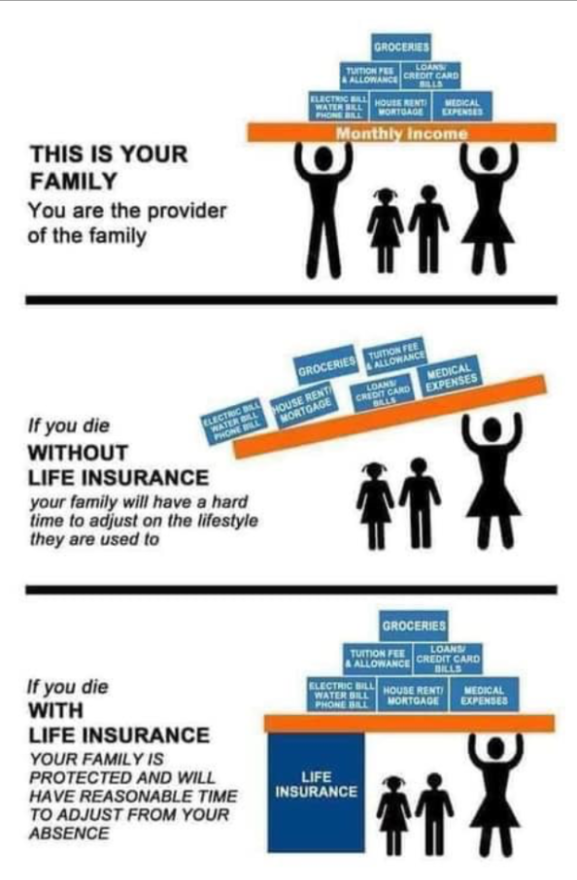
High Cholesterol | Insurance Broker FAQ
Importance of Disclosure & Claims?
All Insurers are in business to protect, insure & payout. Life Insurance is therefore based on your full disclosure at the time you take the original policy out ie; being 100% as honest & accurate as possible. It is not always easy to remember all your historic health details when applying.
The Consumer Insurance Act 2013 says you must not be acting careless, deliberate or reckless manner when applying. If so, it may not payout ! eg; If you have family history of raised cholesterol (even if you are okay currently) then you must tell them (even if it costs more for life insurance with high cholesterol).
Should you make a claim, your Insurers will send you a claim form for you to complete. Once received back, they will usually contact your GP to confirm any health details disclosed and then check what's normal cholesterol level.
They will then assess if your insurance claim is valid and cross check if you originally disclosed all the correct details for hypercholesterolemia familial - on your life insurance, income protection or critical illness claim. If you look at most Insurers recent claims payout, you will see that it is Good (but like most Insurers – not 100%).
What if my health changes after I have taken the policy out?
Any health or lifestyle changes since, usually does not void your existing life policy, if it wasn’t relevant at that time of initial underwritten insurance application. For example, you have heart disease diagnosed due to high cholesterol several years afterwards. In this instance, the insurers should not classify the original application for life insurance high cholesterol biased. It maybe the Insurers request GP reports when you originally apply, to check any health details disclosed. Likewise they may not.
So take care to doubly re-check on your application what you initially disclosed to the Insurers, as this information then stands now and in the future. Please check your original T&C’s.
Alternatively, if your own Insurers originally applied 'health rated terms' for life insurance raised cholesterol issues, then it can be worth reviewing your application. If your health has improved and what's normal cholesterol level now applies. It could be we could get better terms via another Insurer? Contact us for Broker help
Article on 'What's Normal Cholesterol Level' by Martyn Spencer Financial Adviser (2025)
For reassurance re health for men & women – we review many of the best Life Insurers selling Life Insurance in UK (inc NI)

NOTE: This generic article touches on various medical issues & information re 'what's normal cholesterol level'. The latest health guidance on this may change regularly re Covid 19, so any article comments may not always be accurate. However, we are not GP's or health professionals so always seek medical advice & latest guidance via NHS if unsure.
 Myself
Myself My
My My Income
My Income


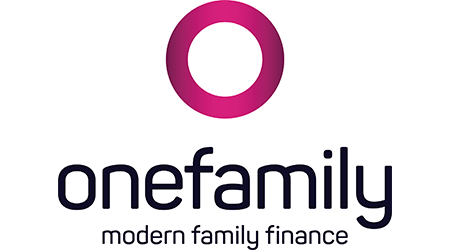






 'There is...ONLY 1 YOU'
'There is...ONLY 1 YOU' 

